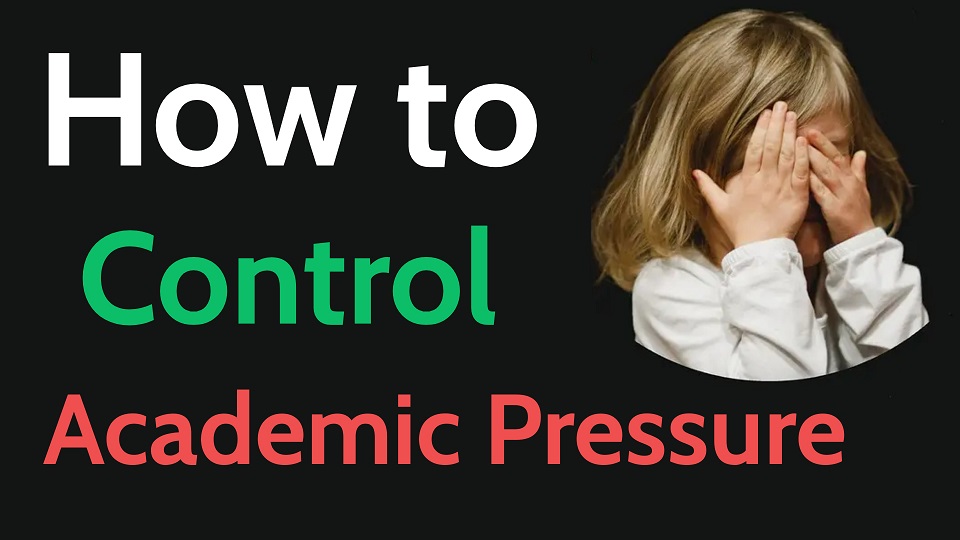Controlling academic pressure involves adopting strategies to manage workload, cope with stress, and maintain a healthy balance between academics and other aspects of life. Here are some tips:
- Set Realistic Goals: Break down your academic goals into smaller, manageable tasks. Set realistic expectations for yourself based on your abilities and workload.
- Prioritize Tasks: Identify the most important tasks and prioritize them based on deadlines and importance. Focus on completing high-priority tasks first to reduce stress and avoid feeling overwhelmed.
- Manage Time Effectively: Create a schedule or timetable to organize your study sessions, assignments, and other commitments. Allocate specific time slots for studying, relaxation, and extracurricular activities.
- Practice Self-Care: Take care of your physical and mental health by getting enough sleep, eating a balanced diet, exercising regularly, and practicing relaxation techniques such as deep breathing or meditation.
- Seek Support: Reach out to teachers, classmates, or academic advisors for help when needed. Don’t hesitate to ask questions or seek clarification on assignments or concepts you find challenging.
- Break Tasks into Smaller Steps: Break down larger assignments or projects into smaller, more manageable tasks. Focus on completing one step at a time to prevent feeling overwhelmed by the workload.
- Avoid Procrastination: Start assignments and studying early to avoid last-minute cramming and reduce stress. Break tasks into smaller chunks and tackle them gradually to avoid feeling overwhelmed.
- Set Boundaries: Learn to say no to additional commitments or activities that will add to your academic workload and increase stress. Establish boundaries to protect your time and prioritize your academic responsibilities.
- Take Breaks: Incorporate regular breaks into your study sessions to rest and recharge. Short breaks can help improve focus and productivity, prevent burnout, and reduce stress levels.
- Celebrate Achievements: Acknowledge and celebrate your academic achievements, no matter how small. Reward yourself for reaching milestones and meeting goals to stay motivated and positive.
Remember that academic success is important, but so is your well-being. It’s essential to find a balance between academic responsibilities and personal life to maintain overall health and happiness. If you’re feeling overwhelmed by academic pressure, don’t hesitate to seek support from teachers, counselors, or mental health professionals.

